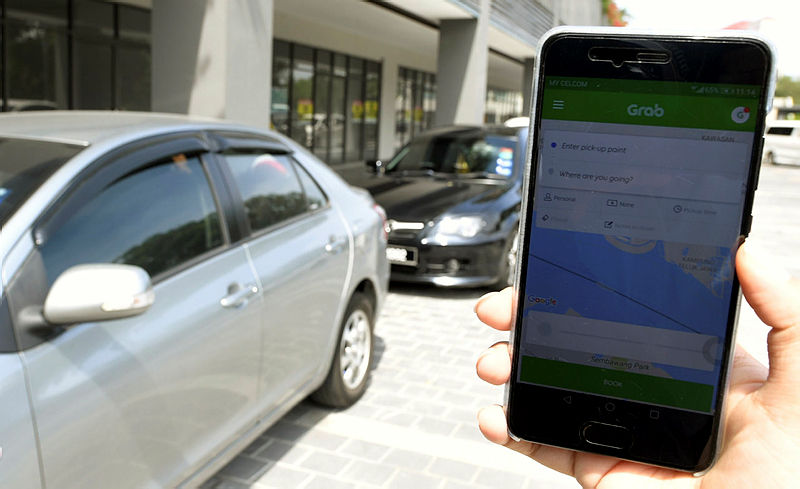KUALA LUMPUR: Between 20% to 50% of the 200,000 e-hailing drivers in the country may be driven off the roads as a new public services vehicle (PSV) regulation kicks in today.
This means between 40,000 and 100,000 e-hailing cars that regularly take people to work, school or to run errands will not be available, resulting in over a million commuters experiencing greater difficulty in getting rides, apart from having to wait longer.
Cabbies as well as e-hailing drivers with PSV licences will have a field day, but whether there are enough of them to cover the shortfall remains to be seen.
One thing is certain – passengers will end up paying more for their daily commute, and roads will likely be more congested now that many will be forced to drive their own cars.
Licensed public transport drivers will cite traffic congestion and other reasons to raise fares by up to 50%, those familiar with the service told theSun.
Under the new regulation, all e-hailing drivers are required to:
>> take a course and sit for a test to get a PSV licence;
>> undergo a criminal background check and medical examination;
>> contribute to Socso and purchase e-hailing add-on car insurance; and
>> equip their vehicles with safety equipment such as fire extinguishers and send their cars for annual checks at Puspakom.
E-hailing drivers had initially objected to the new requirements, citing higher cost of operations.
The training session costs RM200, insurance is RM300 to RM400 a year and registration fees for the PSV licence is RM20.
Transport expert Goh Bok Yen said it would cause significant inconvenience for the people.
“It is already difficult to get an e-hailing driver during peak hours. Driving so many of them off the road with the new rules will cause a significant drop in our mobility,” he said.
“Most people who use the e-hailing service also have their own cars but they just want to avoid the hassle of looking for a parking bay.
“Now you are forcing them to drive, thus helping to make the roads more congested,” Goh said.
He noted that apart from the e-hailing service, there are seven modes of public transportation in Kuala Lumpur but none can match the door-to-door experience provided by e-hailing drivers.
He urged the Transport Ministry to find out why e-hailing drivers are reluctant to sit for the PSV test.
“The government wants a level playing field but we must also understand that e-hailing is the way to modernisation,” he added.
Psychologist Assoc Prof Dr Rozmi Ismail said e-hailing services had made up for the shortcomings in public transport in terms of punctuality and connectivity.
“Our public transport service has been left far behind those of Thailand and Singapore,” he said.
“Why not let the e-hailing service fill the void? After all, it is more reliable,” he said, adding that more could be done to improve taxi services.
“The Japanese cab service that boasts punctuality, cleanliness and politeness can be adopted by us.”














